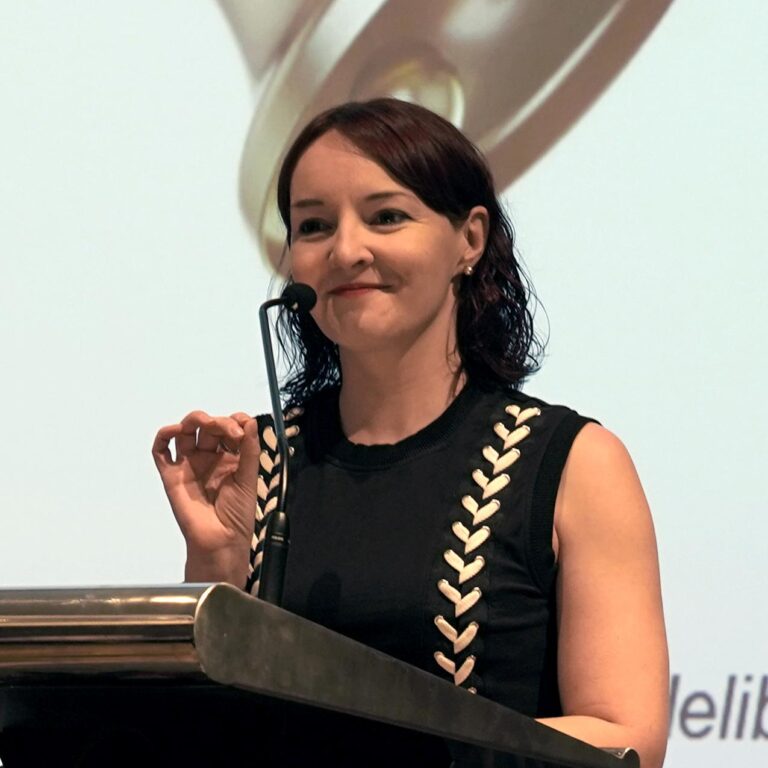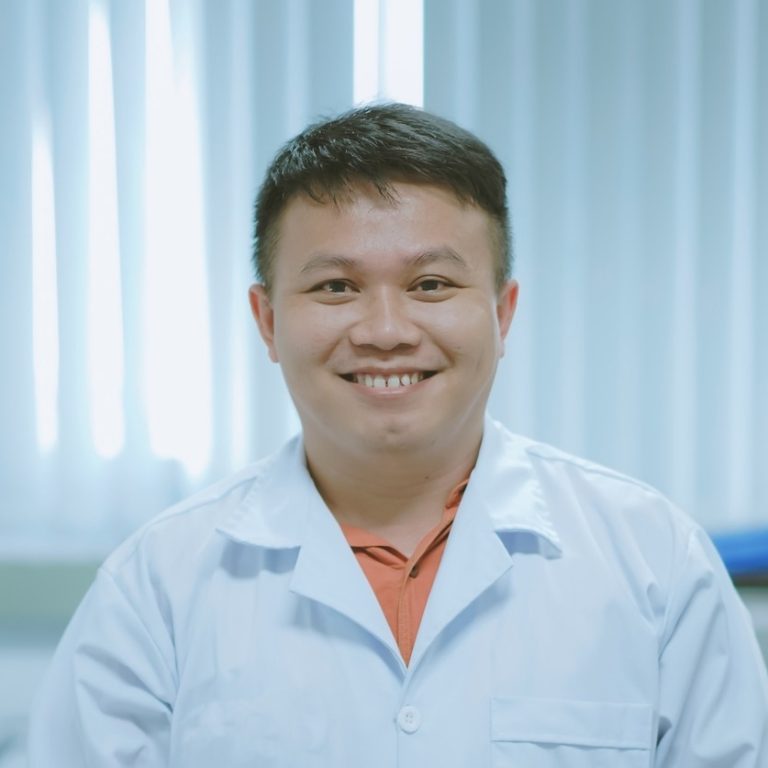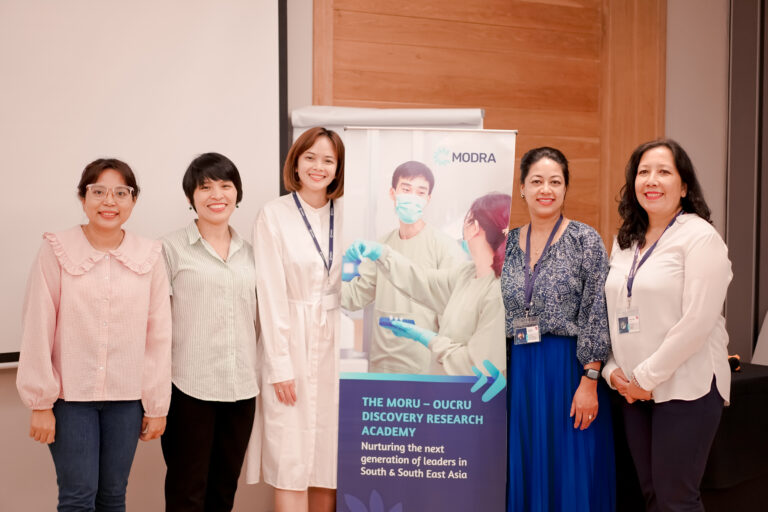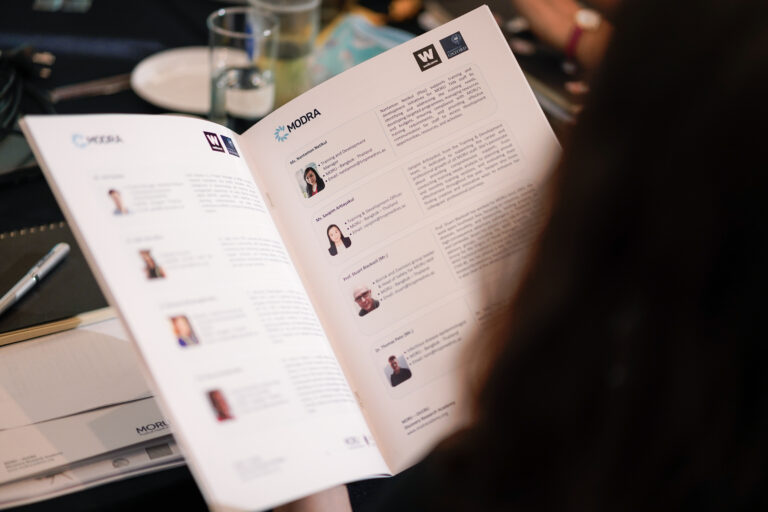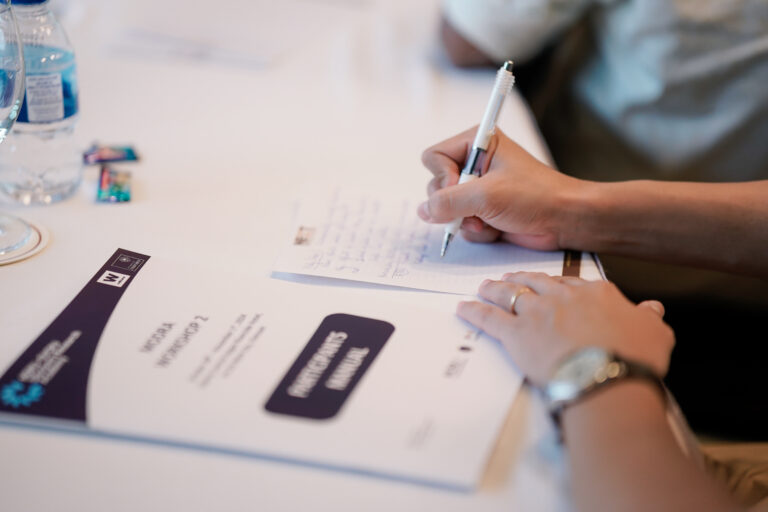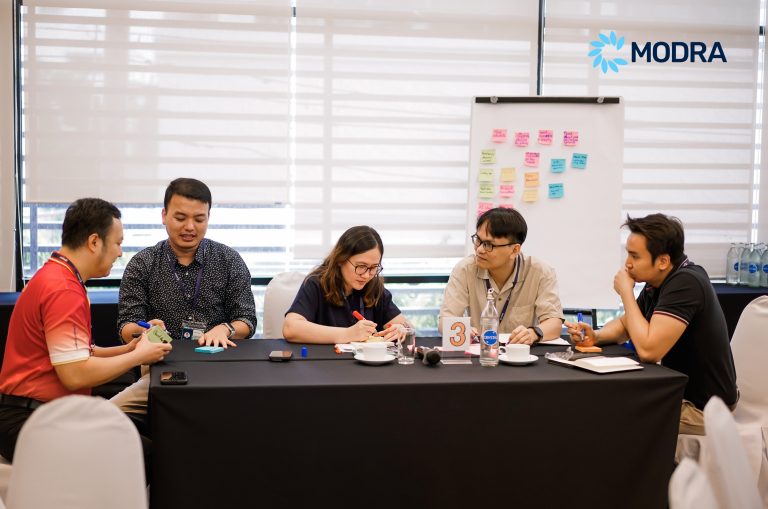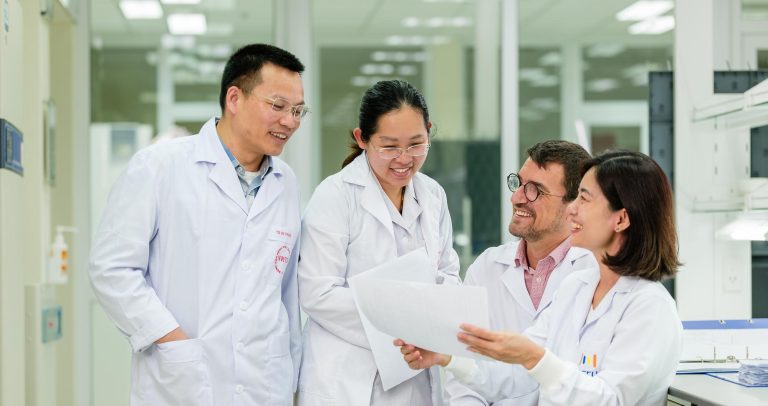
At Mahidol University’s Faculty of Tropical Medicine, Assistant Professor Dr Thitinan Kitisin had already built a solid academic track record, focusing on how the human immune system responds to Plasmodium vivax, the most common malaria parasite in Thailand. He had the technical expertise, a growing list of publications, and the teaching responsibilities. But when it came to leading large-scale research or securing international funding, he admits, “I didn’t even know where to begin.”
“As a scientist trained entirely in Thailand, I was comfortable in the lab, but hesitant to step into the global research arena,” he says. “International grants felt out of reach. I wasn’t sure I had the right experience, the right network, or even the right language.”
That mindset began to shift when Dr Thitinan joined the MORU-OUCRU Discovery Research Academy (MODRA) in 2024, a programme designed to support early-career researchers across Asia with mentorship, training, and seed funding.
Building a New Research Platform
With support from MODRA’s seed award, Dr Thitinan is working to establish an in vitro tonsil organoid model, a lab-grown system that mimics human immune responses using real tonsil tissue.
“Most vaccine development still relies on animal models,” he explains. “But those don’t always translate to humans. The organoid platform allows us to model human adaptive immunity directly, which is a game-changer.”
MODRA’s seed funding gave him both the confidence and the early data needed to pursue something much bigger. He reached out to Dr Lisa Wagar at the University of California, Irvine, a pioneer in the field. Together, they applied for and secured a major U.S.–Japan Collaborative Medical Sciences Award (2024–2026), with Dr Thitinan serving as the principal investigator from Thailand.
“This is not just about one disease,” he notes. “The platform can be adapted to study other infections, immune-modulating drugs, and even therapeutic antibodies. We’re opening a new door for translational immunology.”
With this model, Dr Thitinan hopes to improve the success rate of vaccine development, reduce dependence on animal models, and accelerate the design of effective immunisations for diseases impacting communities across Asia and beyond.
Passing on the Skills Science Degrees Don’t Teach
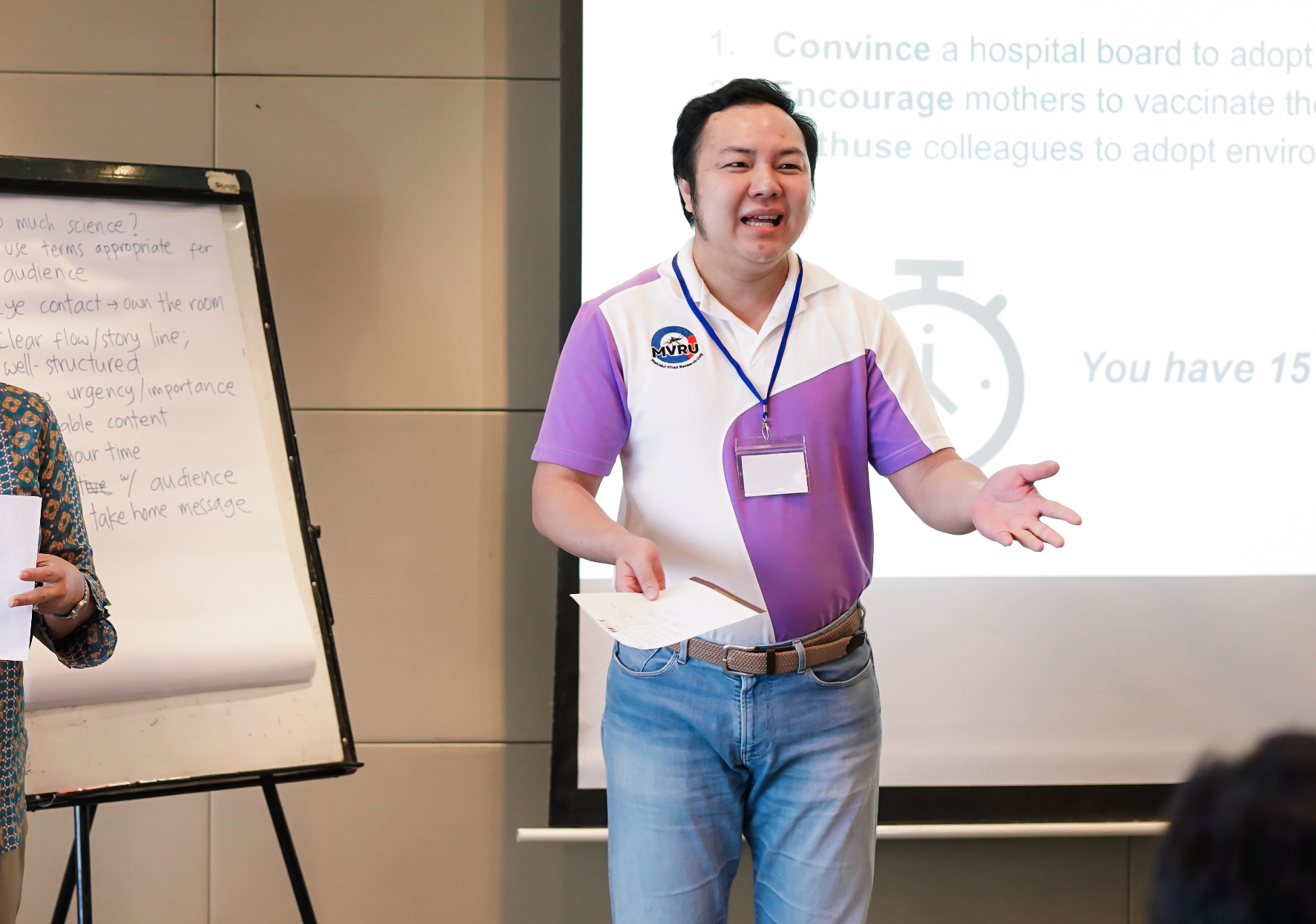
But Dr Thitinan’s transformation doesn’t end with research outputs. MODRA helped him see that leadership in science also means teaching others to lead. “I want my students to learn earlier than I did, how to write proposals, manage a budget, and pitch their ideas clearly.”
He now incorporates leadership and research management into his teaching at the Department of Microbiology and Immunology, Mahidol University, Thailand. His students practise elevator pitches, design one-page proposals, and run capstone-projects with real deadlines and deliverables. “These are skills I had to learn the hard way,” he reflects. “But my students don’t have to.”
He believes this kind of training should be standard. “Science education often ends at the method section. But real research needs strategy, communication, and collaboration. MODRA gave me that, and now I want to pass it on.”
When asked what advice he would give early-career scientists, Dr Thitinan doesn’t hesitate: “Don’t be afraid. Dream big and go for it.”
He encourages others to apply to MODRA, not just for the funding, but for the mindset shift. “MODRA teaches you how to think differently, not just as a researcher, but as a leader. It connects you with mentors and collaborators who will challenge you to grow.”
He smiles, reflecting on how far he’s come. “A few years ago, I wasn’t sure I could lead a project like this. Now, I’m training others to lead their own. That’s the power of mindset, and of a programme like MODRA.”
About MODRA
The MORU–OUCRU Discovery Research Academy (MODRA) is a fully funded 18-month programme designed to empower early-career postdocs scientists in Asia with the skills, mentorship, and funding needed to become independent researchers.
Participants receive:
‣ Hands-on workshops on grant writing, budgeting, research design and project management.
‣ Ongoing mentorship from regional and global research leaders.
‣ Seed funding of up to $30,000 to launch preliminary research.
This programme is a joint initiative by the Oxford University Clinical Research Unit (OUCRU) and the Mahidol Oxford Tropical Medicine Research Unit (MORU), both leading centres in global health research. MODRA is funded by Wellcome Trust and affiliated with the Centre for Tropical Medicine and Global Health at the University of Oxford, ensuring world-class standards in training and mentorship.
If you’re ready to step into leadership and drive meaningful impact in global health, apply today.




